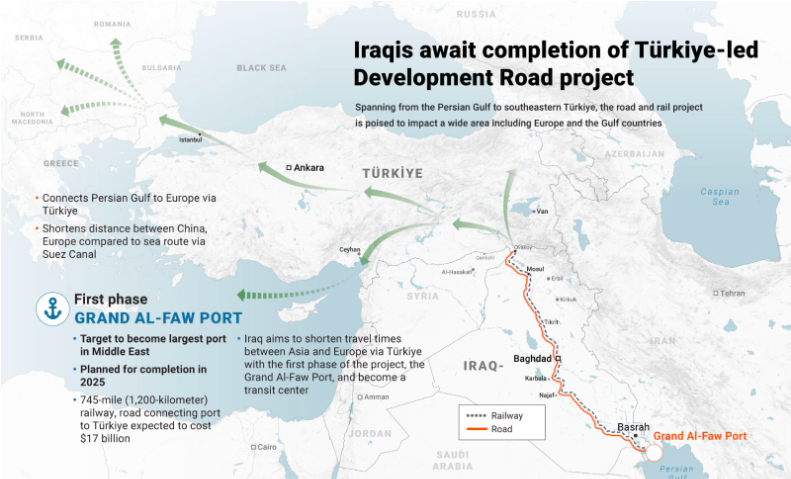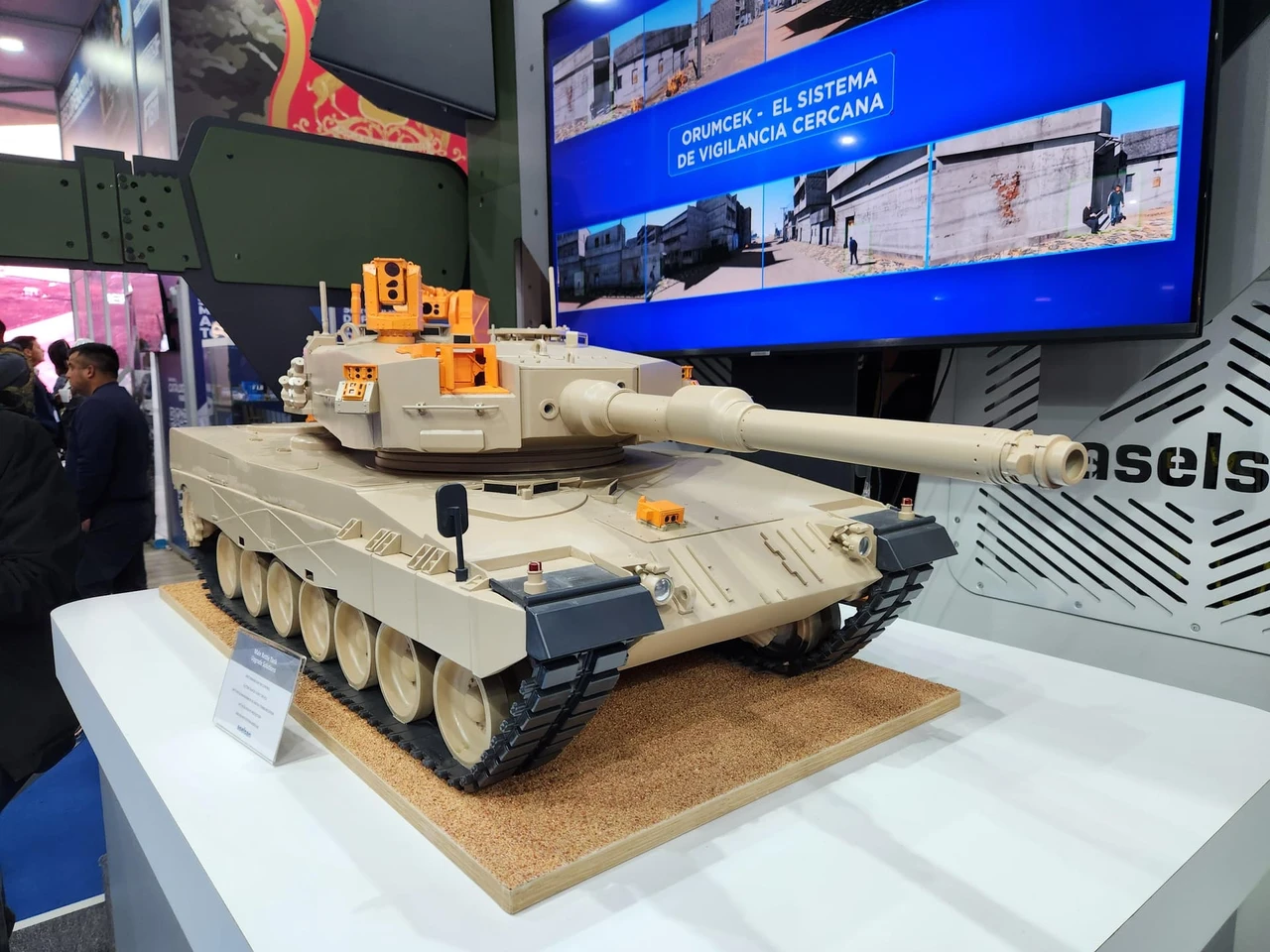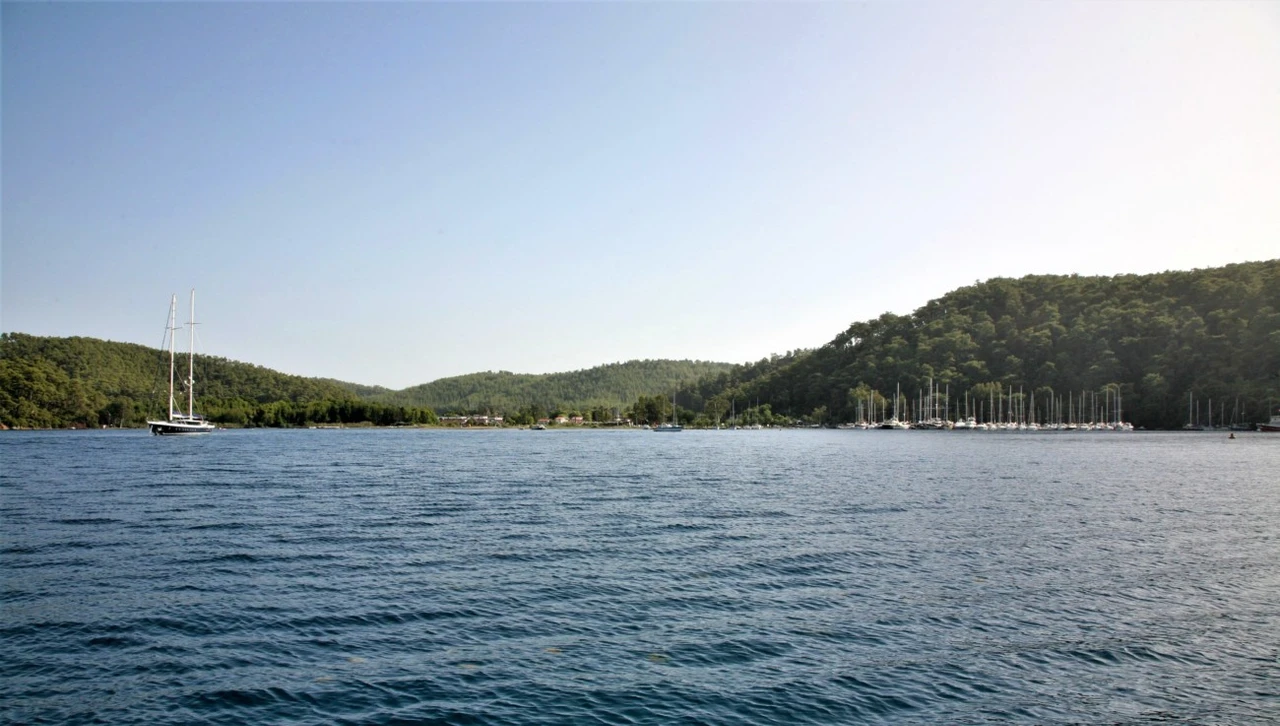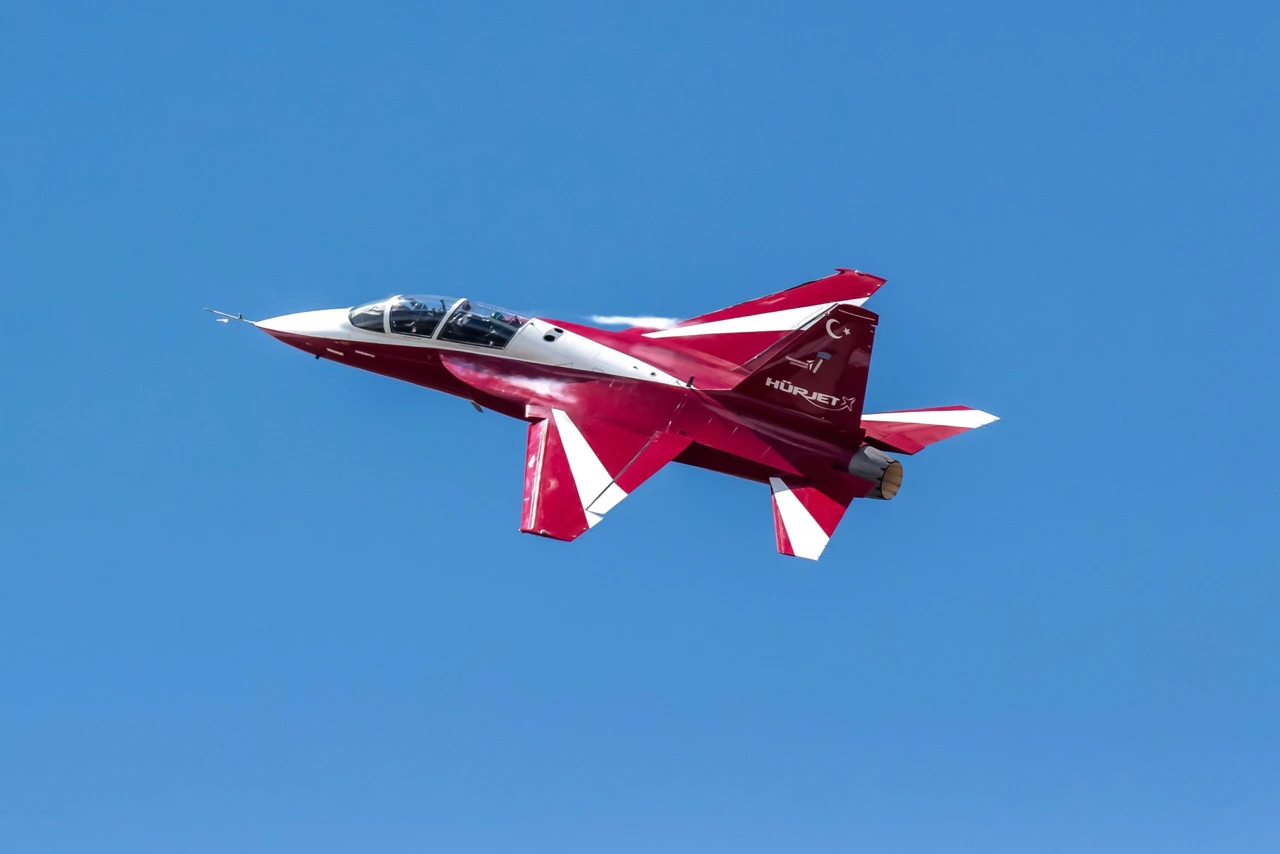Development Road Project strengthens global connectivity, regional influence
Türkiye’s ambitious Development Road Project aims to enhance global connectivity and regional influence, with significant progress and strategic partnerships paving the way for streamlined transportation networks
As Türkiye prepares to increase its economic and geopolitical influence on a global scale with the Development Road Project, also known as the “New Silk Road,” efforts related to the project are progressing at full speed.
Transport and Infrastructure Minister Abdulkadir Uraloglu, speaking exclusively to our newspaper about the Development Road, announced that they have signed a Development Road Project Agreement with the transportation ministers of Iraq, Qatar, and the United Arab Emirates (UAE).
“Projects are nearing completion. We will significantly reduce travel time between Asia and Europe via Türkiye. A ship departing from the Faw Port in Iraq and reaching Europe via the Suez Canal will save 15 days compared to the same cargo reaching Europe via the Development Road,” said Uraloglu.
Mutual offices will be opened
Uraloglu said that Türkiye and Iraq will open mutual offices to monitor the project. “Türkiye will have an office in Baghdad, and Iraq will have an office in Türkiye, focusing solely on the Development Road. We will activate these offices as soon as the projects are completed,” he shared.

Speaking about the project’s financing, Türkiye anticipates significant costs ranging from $8 billion to $15 billion, possibly up to $20 billion, but specific figures will emerge as the project progresses.
“The source of this financing could be the UAE, Qatar, or another country. The important thing is to secure capital under favorable conditions and to use it effectively,” Uraloglu expressed.
Türkiye aims to be a regional hub
Uraloglu highlighted Türkiye’s strategic position as a crucial transit point on both the Middle Corridor and the Southern Corridor, situated at the midpoint of the north-south corridors.
Therefore, considering Türkiye’s central role in Asia-Europe trade networks, the country aims to become a regional logistics hub.
Minister Uraloglu highlighted significant developments in global supply chains during his recent address at an event. He emphasized that the COVID-19 pandemic has acted as a catalyst for change, particularly evident in the logistics landscape amid the ongoing Russia-Ukraine conflict since 2022.
Minister Uraloglu pointed out the disruption caused in the Red Sea because of Israel’s occupation of Gaza in October 2023, leading to a diversion of commercial ship traffic away from the Suez Canal towards the Cape of Good Hope.
However, he noted the Middle Corridor’s resilience as a viable alternative for transportation, offering advantages in terms of distance and time compared to other routes.

Over the past 22 years, Türkiye has undertaken extensive efforts to establish international corridors, facilitate multimodal transportation connections within the country, and create high-quality transportation infrastructure between continents. Minister Uraloglu highlighted two key projects: the Development Road Project and the Zangezur Corridor.
The Development Road Project aims to ensure seamless transportation from the Faw Port in Iraq to London, serving as the most economical route for cargo transportation between India, East Asia, the Persian Gulf and Europe via rail and road connections.
This project is expected to bolster Türkiye’s international standing and provide direct railway and road links between Türkiye and Azerbaijan.
Additionally, the Zangezur Corridor will establish a new connection between Türkiye and Central Asia, further enhancing regional transportation networks.
Jordan objects due to IMEC Corridor
Commenting on some countries’ objections to the project, Minister Uraloglu said Jordan’s objection may be related to the IMEC Corridor announced at the G-20 Summit in India.
“The IMEC Corridor plans to establish a railway and port network connecting India to the Middle East and then to Europe. It is a corridor that traverses four countries, including Jordan. However, we do not think the IMEC Corridor is feasible. It cannot exist without Türkiye.
It is not action-oriented; it is reaction-oriented. Our goal is to minimize the impact of all tensions and conflicts as much as possible,” he said.
Source: Newsroom
#haber#



